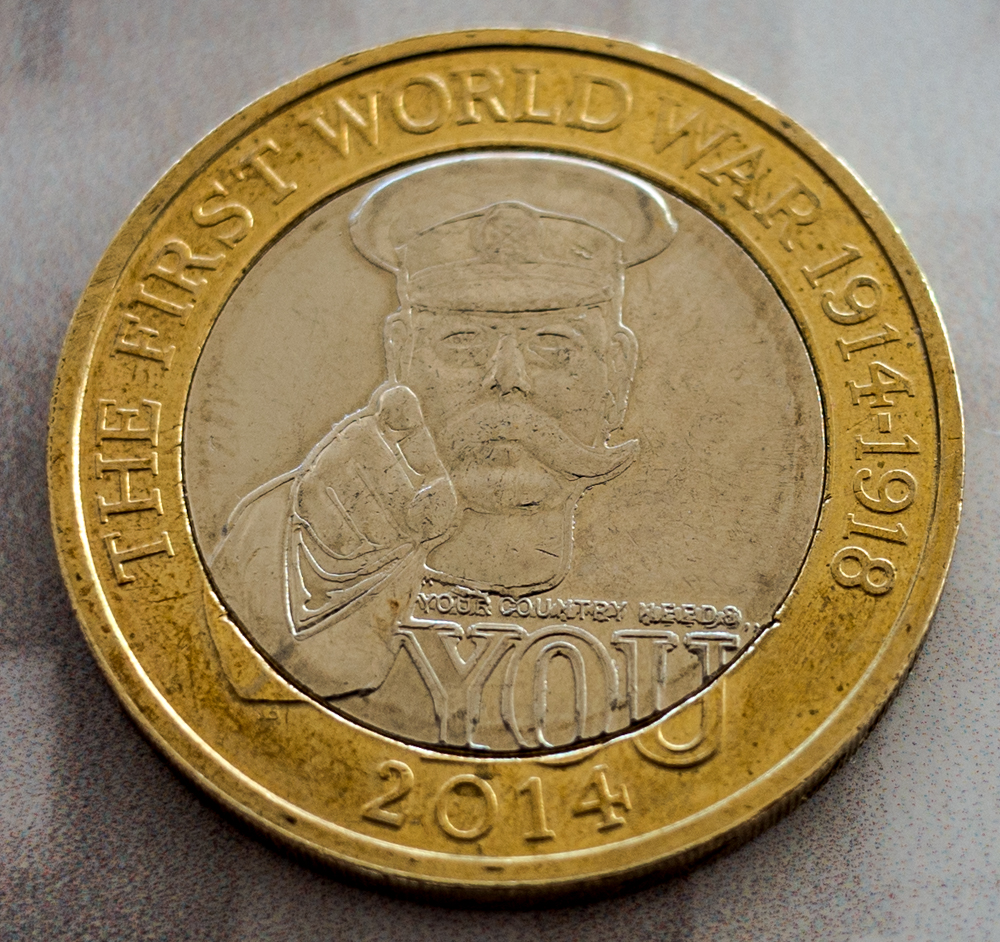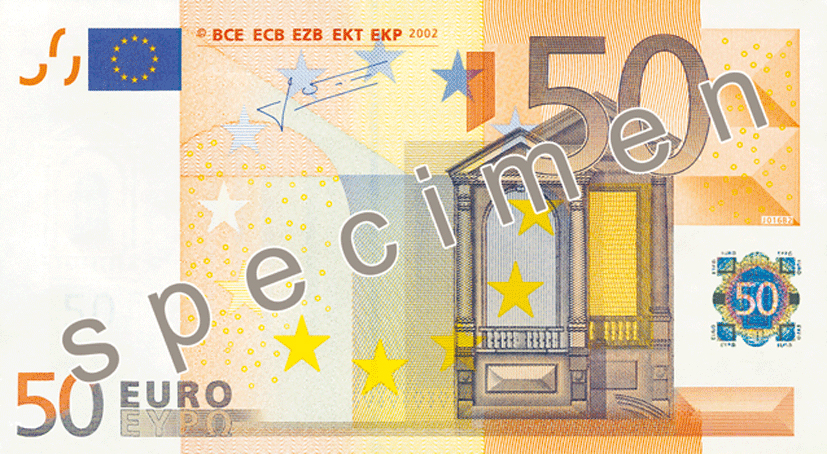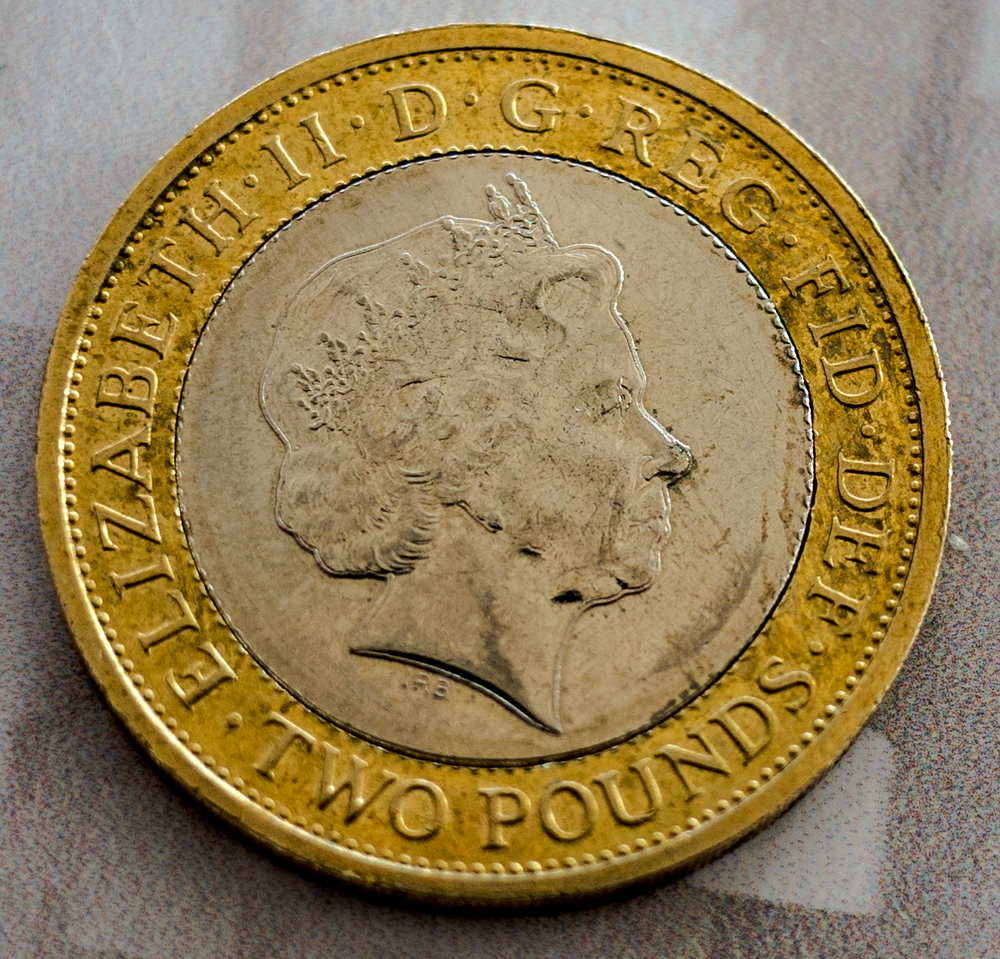
On my first day here in Greece I picked up an handful of change from my “euro box” and thought nothing more of it. Today, attempting to pay for a coffee and omelette, my supposed €2 coin was soundly rejected by Vassoula at the harbour café: “Not euro, need euro.”
Sure enough, this coin was not two euros as I had imagined. It does seem very much like two euros at a distance (and to the hand in the pocket) but it is in fact two pounds sterling. This discovery prompted me to take a closer look and I saw a stunning design commemorating the start of World War I, 100 years ago in 1914. Much has happened to currencies since then. This coin, in 1914, would have been a very handsome week’s wage for a working man, not the stuff of coffees and omelettes. And the misbegotten euro was not a part of even the wildest imaginings.

So, on to the euro. And where better to contemplate it than in Greece where a grandiose currency experiment is very largely responsible for the current difficulties. Greece and the euro has turned out to be an explosive marriage. I remember being in Athens on New Year’s morning in 2002 when I stopped off at a cash machine to get my first wodge of the new euro notes. I was impressed and the omens were good. Few could have understood what would happen when an overvalued currency met an undervalued nation such as Greece. Without the euro, Greece could have devalued its way out of much of its difficulties.

Thirteen years on and Greece is now on the brink of being forced out of the monetary union it so avidly lusted after. Even if, by dint of some last-minute collusion with the reluctant European heads of state and a great deal of luck, Greece does manage remain in the euro zone its membership will be on borrowed time. The awful fundamentals remain.
My 1914-commemorative two-pound coin is a stark reminder of how lucky we in Britain were to have stayed out of Europe’s experiment in monetary imperialism. Apart from any other considerations, just look at the majesty of the wording, in plain English (and a bit of Latin for good measure), on the two sides of this coin. And round the edge is inscribed Sir Edward Grey’s prescient words, “The lamps are going out all over Europe.” It is in start contrast to the euro notes and coins which dare not use any language known to man (other than “euro”) for fear of upsetting national sensibilities. A €50 note might as well represent Mars for all the information we glean from its lack of wording. The word soulless springs to mind.
Coin photographs taken with a Ricoh GR in macro mode on a café table in Mykonos






RICOH?? My first digital camera was a Ricoh.
Comments are closed.